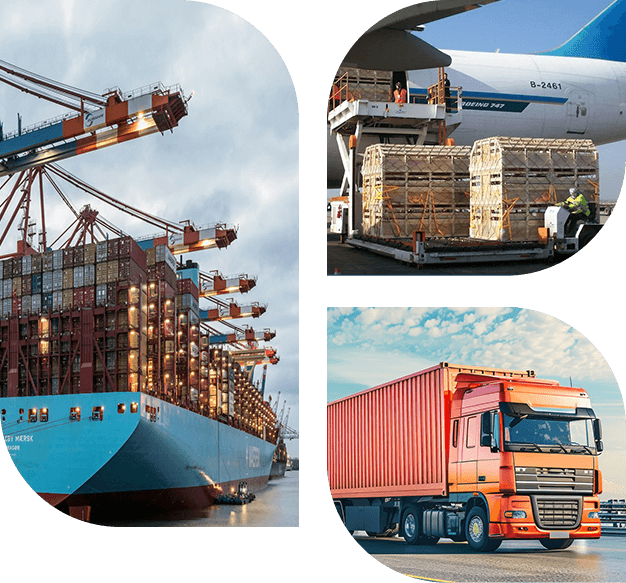Unveiling the Versatile World of Transportation: Beyond the Basics
Transportation plays a pivotal role in our daily lives, enabling the movement of people and goods across vast distances. From ancient times to the modern era, the evolution of transportation has been instrumental in shaping societies and economies. In this blog post, we will explore the multifaceted realm of transportation, delving deeper into its various forms, functions, and significance.
- Defining the Essence:
Transportation, in its broadest sense, refers to the movement of people, goods, or information from one place to another. It encompasses a wide range of modes, each designed to cater to specific needs and requirements. Whether it is commuting to work, delivering products, or exploring new destinations, transportation is an indispensable aspect of our interconnected world. - Modes of Transportation:
2.1. Land Transportation:
Land transportation involves the movement of people and goods over the Earth's surface. It encompasses various modes such as automobiles, trains, buses, and bicycles. Each mode offers distinct advantages, whether it be the flexibility of cars, the efficiency of trains, or the eco-friendliness of bicycles.
2.2. Water Transportation:
Water transportation utilizes bodies of water, such as oceans, rivers, and canals, as a means of conveyance. Ships, boats, and barges are commonly used for transporting goods and people across long distances. Water transportation is crucial for international trade, connecting continents and facilitating the movement of bulk commodities.
2.3. Air Transportation:
Air transportation revolutionized global connectivity, enabling rapid travel across vast distances. Airplanes and helicopters transport people and goods swiftly, making the world more accessible. This mode of transportation is particularly vital for time-sensitive deliveries, emergency medical services, and international travel.
2.4. Pipeline Transportation:
Pipeline transportation involves the use of pipes to transport liquids, gases, or even solids in some cases. This mode is commonly used for transporting oil, natural gas, water, and other resources over long distances. Pipelines offer a safe, efficient, and environmentally friendly means of transportation, minimizing the need for other modes.
- The Significance of Transportation:
Transportation is the lifeblood of economies, facilitating trade, commerce, and tourism. It connects producers with consumers, enables the availability of essential goods, and drives economic growth. Efficient transportation networks reduce costs, increase productivity, and enhance competitiveness on both local and global scales. - Emerging Trends and Innovations:
The transportation industry is continuously evolving, driven by technological advancements and changing societal needs. Some notable trends include the rise of electric vehicles, autonomous transportation systems, and the integration of smart technologies for efficient traffic management. These innovations aim to enhance sustainability, safety, and convenience in transportation.
Conclusion:
Transportation is far more than a mere means of getting from point A to point B. It is a complex ecosystem encompassing various modes, each serving a unique purpose. Understanding the significance of transportation and its diverse forms empowers us to make informed decisions, contribute to sustainable development, and embrace the ever-changing landscape of mobility.


